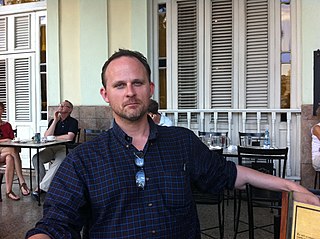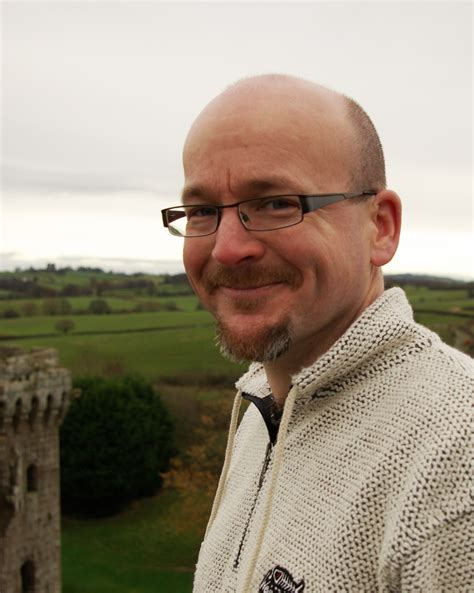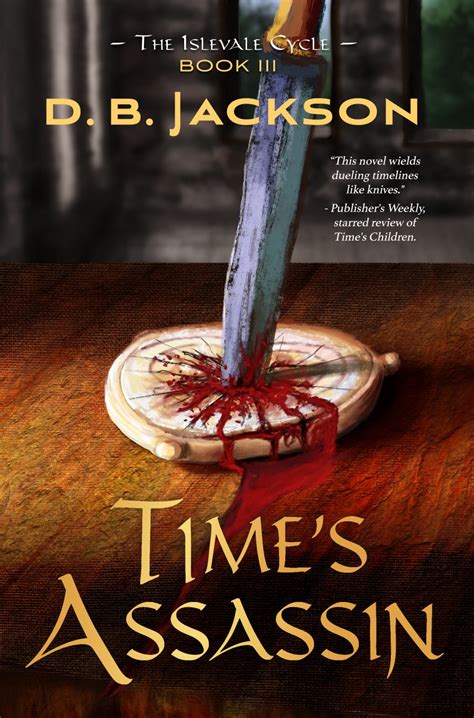A Quote by Brian Aldiss
It is comparatively easy to become a writer; staying a writer, resisting formulaic work, generating one's own creativity - that's a much tougher matter.
Related Quotes
Nobody becomes a writer overnight. Well, I'm sure somebody did, but that person's head probably went all asplodey from paroxysms of joy, fear, paranoia, guilt and uncertainty. Celebrities can be born overnight. Writer's can't. Writers are made - forged, really, in a kiln of their own madness and insecurities - over the course of many, many moons. The writer you are when you begin is not the same writer you become.
Oh, I love labels, as long as they are numerous. I'm an American writer. I'm a Nigerian writer. I'm a Nigerian American writer. I'm an African writer. I'm a Yoruba writer. I'm an African American writer. I'm a writer who's been strongly influenced by European precedents. I'm a writer who feels very close to literary practice in India - which I go to quite often - and to writers over there.
Let the writer take up surgery or bricklaying if he is interested in technique. There is no mechanical way to get the writing done, no shortcut. The young writer would be a fool to follow a theory. Teach yourself by your own mistakes; people learn only by error. The good artist believes that nobody is good enough to give him advice. He has supreme vanity. No matter how much he admires the old writer, he wants to beat him.
I'm not the most talented writer in the world. I know that. But I also know that I'm disciplined, that I work my butt off, and that I make myself write as much as I can. Writer's block is a luxury I can't afford. I'm a professional writer, which means that I put my butt in the chair each day, and I write. Simple as that.
Writer-directors are a little bit more liberal, rather than having just the writer on the set, because I think sometimes the writer becomes too precious with the words. If you're a writer-director, you can see what you're doing and see your work in action, so I think you can correct it right there and still not compromise yourself.





































